Urban Homesteading with Ali Kenney, Burton’s Sustainability Expert
To anyone starting out, growing your own food can be daunting.
We’re always striving to lead more sustainable lives, but it takes more than a green thumb to create the backyard of your dreams. Nobody knows this better than Ali Kenney, Burton’s Vice President of Global Strategy and Insights. In 2012, Ali built Burton’s Global Sustainability Department from scratch and recently worked behind the scenes with her team to develop our 2020 Sustainability Goals. On a grey day with chickens clucking and weaving through the yard, Ali gave us a tour of her homestead, sharing her insights to get us inspired.
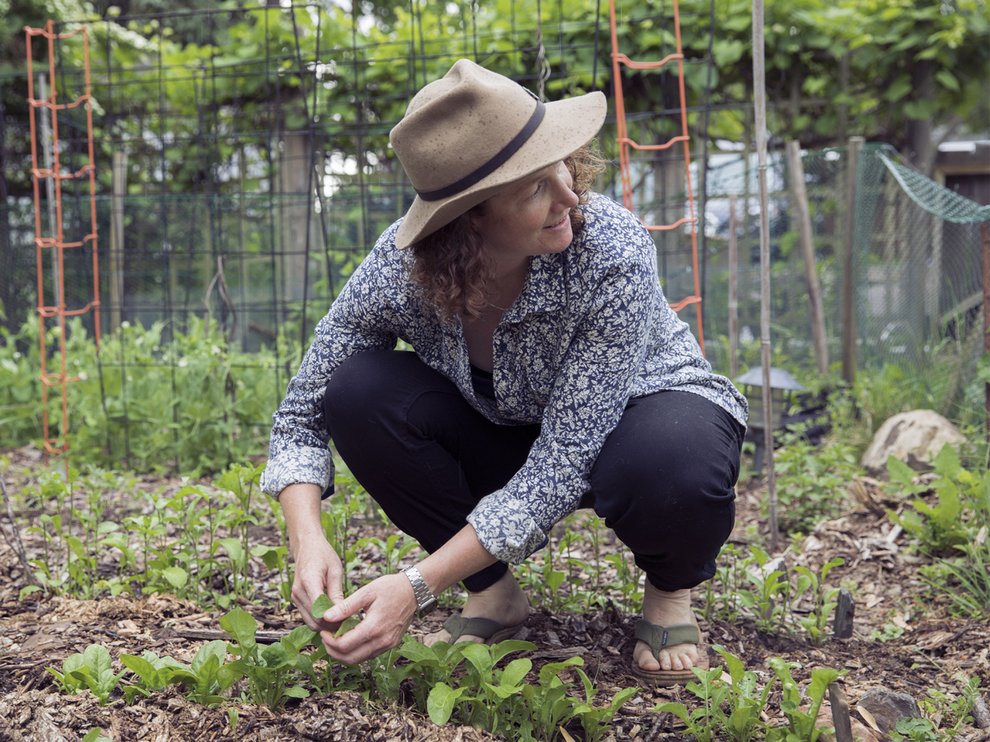
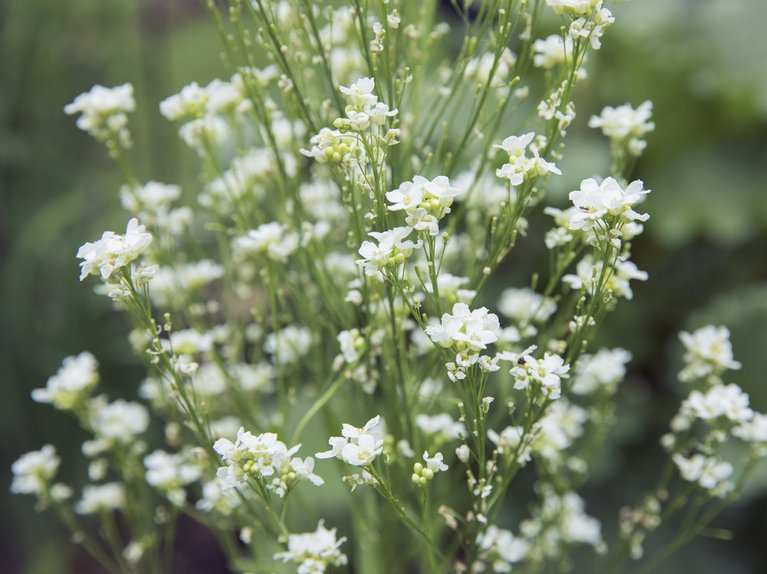
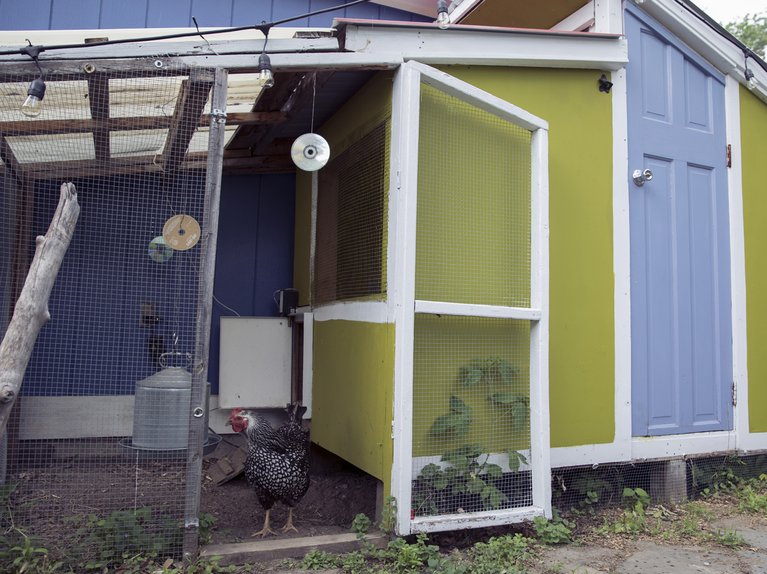
Can you tell us about your setup and what it includes?
I’ve been working for a little over ten years to rebuild our urban space in Winooski: an old, small working-class mill city on the edge of Burlington, Vermont. When I bought the house, it didn’t have one plant and was surrounded by chain link fence. I immediately pulled that fence down, planted an apple tree, and started working to create a healthy space. Fast forward to now and we have a homestead filled with fruit, perennials, veggies, chickens for eggs, compost, mushrooms, friends, and rain water catchments.
What got you interested in starting your own urban homestead?
In my early 20s, a friend had a bumper sticker that read, “You are what you eat.” I’ve spent a lot of time thinking about that. You literally are comprised of what you eat, drink, breathe, etc. Since then, I’ve become a strong believer in eating organic and local food whenever possible.
I also have a deeply held belief that I want to give back more to the world than I take: that includes the resources I consume, how I enhance vs. degrade the land and wildlife, how I treat people, etc. As author Michael Pollan said, “The single greatest lesson the garden teaches is that our relationship to the planet need not be zero-sum, and that as long as the sun still shines and people still can plan and plant, think and do, we can, if we bother to try, find ways to provide for ourselves without diminishing the world.”
If someone with no experience told you they were interested in urban gardening, where would you recommend they start?
Creating an urban homestead or garden doesn’t need to be intimidating. You just need to take a single step forward at a time. Plant one thing or a few things and try to nurture them. Some failures are inevitable if you’re trying anything new, but as long as you remain resilient and continue on, you’ll find joy and success.
We see the two snowboards in your fence… are there any other Burton-related materials you’ve repurposed?
Most of my creations in the yard are made from reclaimed material. I built the chicken coop out of almost entirely reclaimed materials from the shipping dock at Burton – pallets, plywood, whatever I could find. My fences and gates are built from used pallets from work, along with the snowboards in the gate. I also grab driftwood off the beach where my family lives and love to weave that in to give an organic feel to the space. Lastly, I just discovered a new “hack”: the bag Burton snowboards are packaged in is fully recyclable/compostable – they’re the perfect thing to lay between your garden rows and cover with mulch to stop weeds from growing. I’m on the road a lot, so anything to save time from weeding is a godsend!
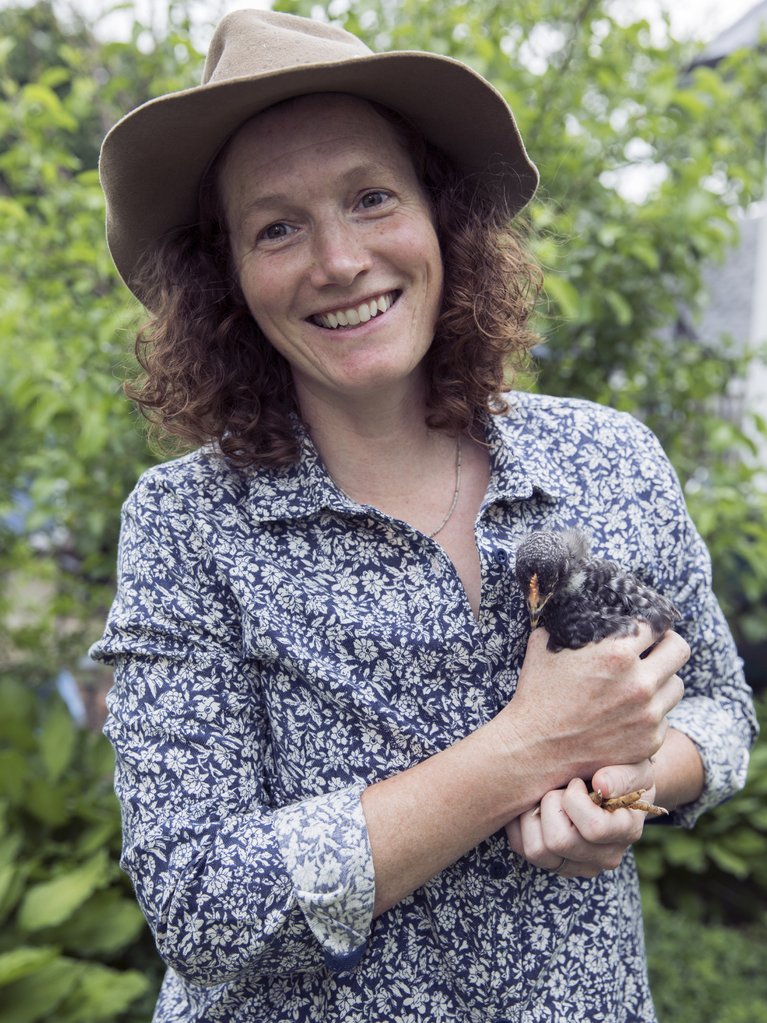
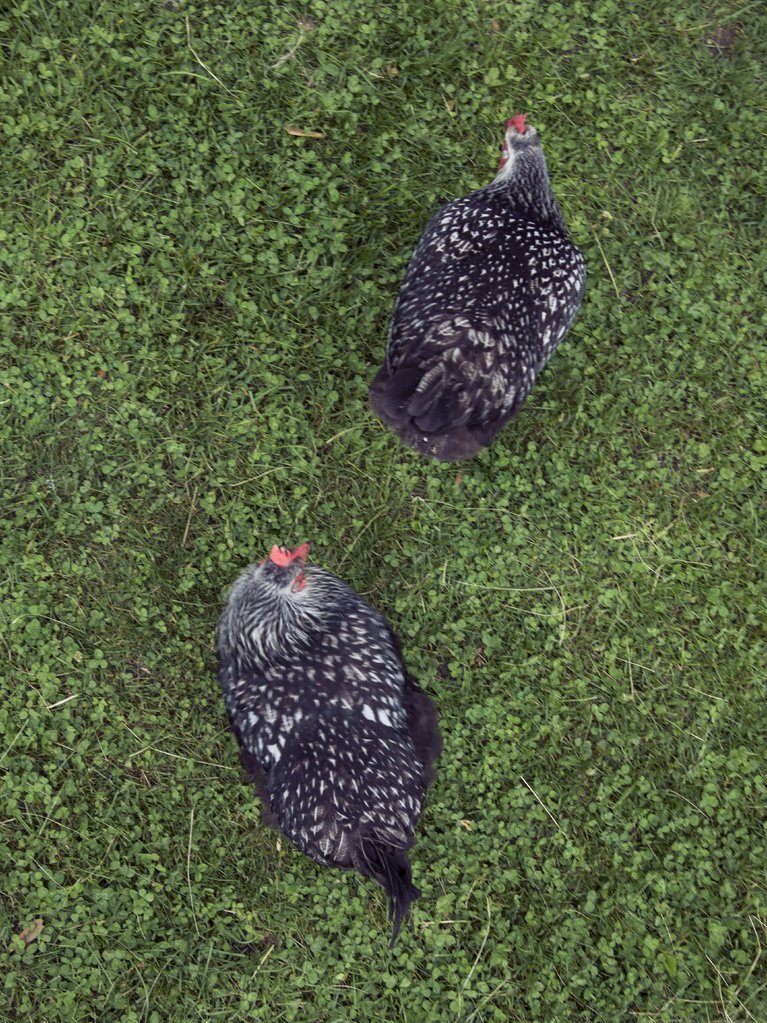
What elements of your backyard garden are you most proud of?
I’m most proud of the fences and gates and creative things that I’ve built out of reclaimed materials. That, and all the fruit perennials. Fruit is the best because they’re perennials, and thus require fewer resources and care, and come back every year with bounty!
Any big challenges that you had to overcome in building this backyard oasis?
Some years, my annual garden has been a pretty big failure. I get too busy and don’t give it any nourishment like water and weeding, and things kind of peter out. I also am always toeing the line of things getting a bit too wild – it’s a constant balance between keeping things a bit wild, yet tame enough to make visitors feel comfortable and relaxed.
"If we each act responsibly, intentionally, and thoughtfully, we can create a paradise right where we are."
What do you find most rewarding about it all?
I love growing my own organic food, eggs, and fruit to eat and share with loved ones. I also find deep joy in working to create a space that is inviting and comfortable for people to spend time in. It feels good to show people how you can create a healthy environment right in the city.
On an average day in mid-summer, what are your routines?
I work pretty hard at home. I’m constantly building, planting, or doing a last-minute prune before friends come over. But as long as you keep weeds under control and get some water to your plants, you’ll be fine! My favorite morning routine is to roll over and look out the back window at the chickens running around for a few minutes. You don’t have a heart beat if a chicken’s oddities (wing-flapping, kicking dirt, sprinting across the yard when you call them, etc.) don’t make you smile.
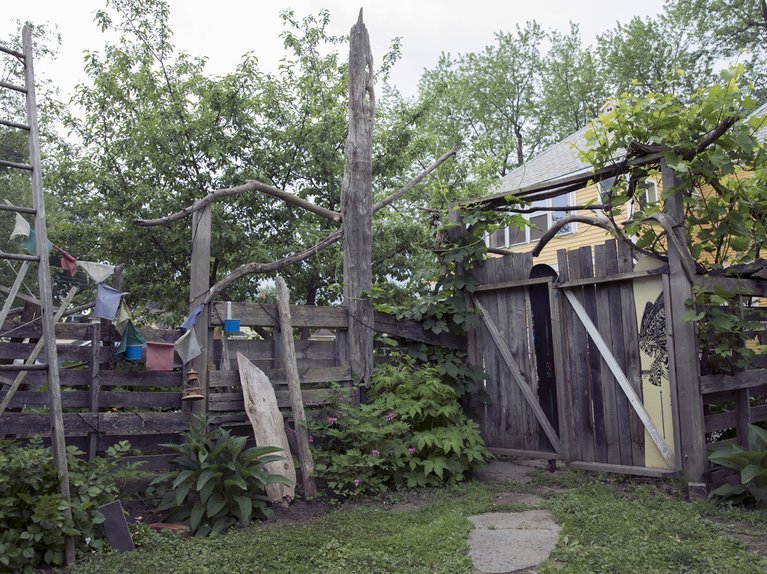
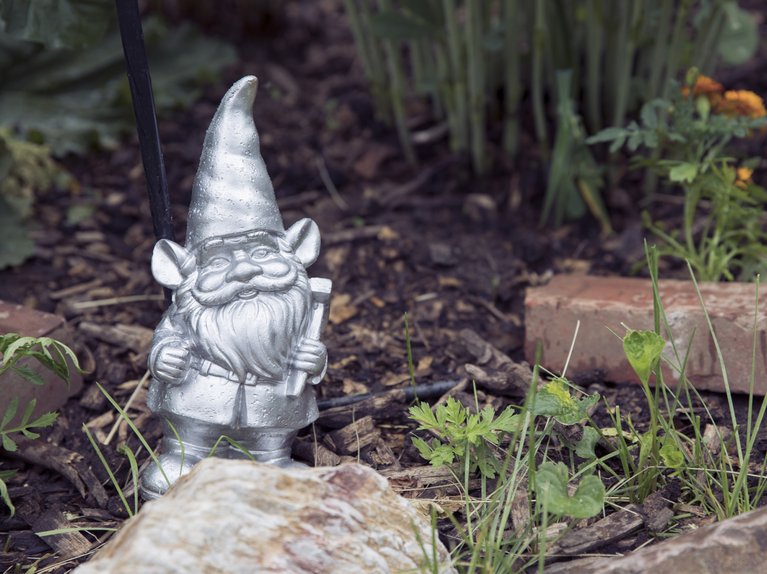
What are you looking forward to trying next?
I want to grow more mushrooms, and I’d like to build a rainwater shower/sink. We collect rainwater now but only use it to water the garden. We have a filter system that we could even use rain for drinking water, I just need to find the time to get the system going.
What are some of the most important lessons you’ve learned about sustainability from this endeavor?
That no one is perfect. We all have our vices and weaknesses in how we live our lives, but that’s okay. If we each think about the impact of our actions and choices, we can take one positive step at a time to shift toward giving back more energy than we take. I fly a lot for work, for example, but when I’m home, I try to use a car as little as possible and I intentionally live close to work and everything I need. We can’t throw up our hands and say our individual actions don’t matter. If we each act responsibly, intentionally, and thoughtfully, we can create a paradise right where we are. ∆
